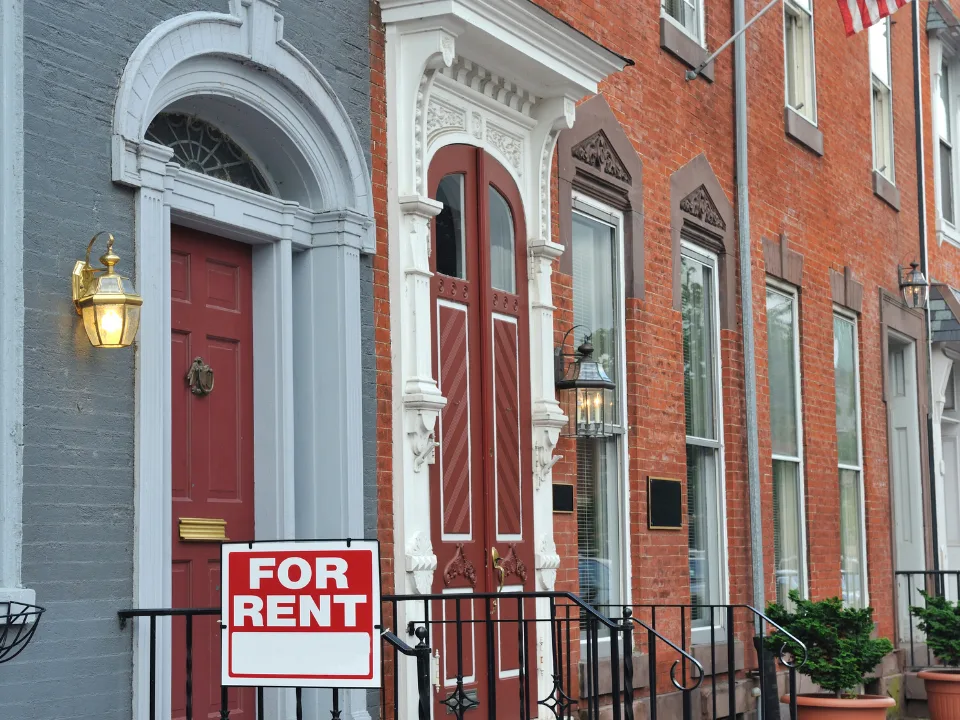- Canadian owners are selling long-held vacation homes in Florida and Arizona, citing political tensions, rising costs, and a weak Canadian dollar.
- US tariffs, shifting immigration rules, and anti-Canadian sentiment are contributing to growing unease among Canadian homeowners.
- Canadian sellers are finding strong resale values due to increased US home prices, with some profiting significantly from their investments.
Snowbirds Heading Home
According to WSJ, a wave of Canadian homeowners is retreating from the US vacation property market, listing homes in historically popular winter getaways like Florida and Arizona. Many cite not just economic pressures but growing discomfort with the current political climate and what they perceive as rising anti-Canadian sentiment in the US.
Economics Meet Emotions
The Canadian dollar has been hovering near a 22-year low against the US dollar, making everything from HOA fees to property taxes more expensive. But while the weak exchange rate is a burden, it’s also an incentive to sell—homes purchased in US dollars years ago are now selling for sizable gains when converted back to Canadian currency.
Politics Take Center Stage
Recent tariffs imposed by the Trump administration on Canadian goods—25% in some cases—have been a tipping point for many homeowners. Canadian sellers also cite concerns about new US rules for foreign visitors, rising rhetoric around annexation, and an atmosphere of unpredictability. Some even fear possible restrictions or penalties on foreign-owned property.
Real Estate Reaction
Agents in Florida and Arizona report a significant increase in listings by Canadian owners. In Scottsdale, Arizona, Canadian property listings jumped from around 100 in early 2024 to nearly 700 in the first quarter of 2025, while new Canadian buyers dropped by 40%. A Florida agent says she’s seen double the usual number of Canadian clients looking to sell since January.
Selling With Urgency
Sellers like Nathalie Mancuso, a Montreal schoolteacher, and Garry Liboiron, an Ontario real estate broker, say the decision to sell was deeply personal and political. Both profited from their US properties but no longer felt welcome or secure. “We were scared of what might happen,” Mancuso said after selling her Pompano Beach condo.
Get Smarter about what matters in CRE
Stay ahead of trends in commercial real estate with CRE Daily – the free newsletter delivering everything you need to start your day in just 5-minutes
Personal Stories Reflect Broader Unease
From confrontations in grocery stores to social rifts in condo communities, Canadians report a shift in tone and a feeling of alienation. Longtime Chandler, Arizona homeowners Clifford and Paulette Lawrick sold their condo after political tensions escalated with neighbors. In Pompano Beach, Philippe Trudeau said a stranger told him to “go back home” while he was speaking French at Walmart.
The Numbers
Canadians have historically made up the largest share of foreign real estate buyers in the US, accounting for 13% of all foreign purchases in 2024. In Arizona alone, they own nearly 20,000 homes. But now, cross-border legal firms are seeing a tenfold increase in Canadians seeking to offload those properties.
Meanwhile, In Canada
Canada has also tightened its real estate market for foreign buyers, implementing a ban on most non-resident purchases and introducing an “underused housing” tax that targets vacant foreign-owned properties. Some US owners, like Oregon investors Mark Daverin and Kelly McDermott, have responded by selling their Canadian vacation home.
Why It Matters
The retreat of Canadian homeowners highlights how political rhetoric and international relations can ripple into real estate markets. As tensions rise, even traditionally apolitical assets like vacation homes are becoming flashpoints for broader anxieties about nationality, safety, and belonging.
What’s Next
If the political climate remains tense and the Canadian dollar stays weak, experts expect the selloff to continue through 2025. For now, the US real estate market may benefit from inventory gains in sunbelt cities—but Canadian demand, long a fixture of these markets, may not return anytime soon.















